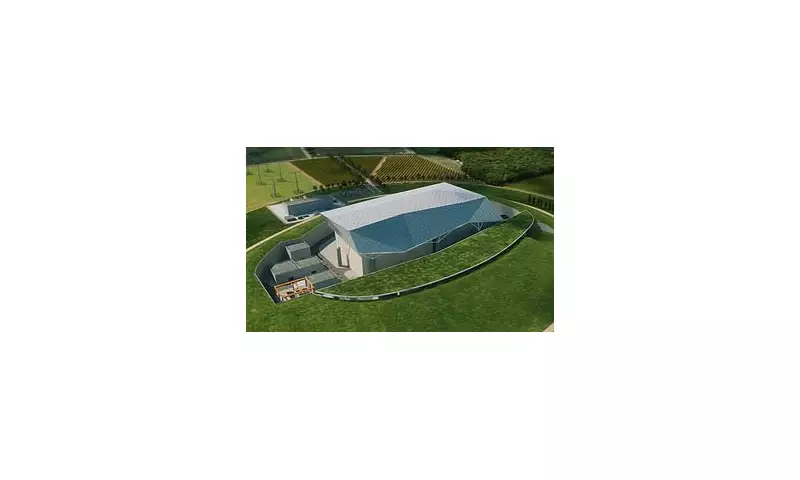
Historic Nuclear Announcement for Anglesey
The British government has unveiled plans to construct the nation's first mini nuclear power station at Wylfa on the coast of Anglesey, North Wales. This groundbreaking project will see three small modular reactors (SMRs) built at the site, which previously housed a nuclear facility that closed in 2015.
Simon Bowen, chair of government company Great British Energy-Nuclear, described the announcement as a 'historic moment for the UK'. He emphasised that 'Wylfa has a proud history of nuclear excellence, and we're excited to build on that foundation to deliver jobs, training, and low-carbon energy for generations to come.'
How SMR Technology Will Transform Energy Production
Designed and manufactured by Rolls-Royce, each small reactor will generate sufficient electricity for approximately one million homes, meaning all three units combined will power around three million households. The facility is projected to operate for at least 60 years, providing long-term energy security.
Unlike traditional nuclear plants, SMRs are factory-built and transported to sites for installation, making them significantly quicker and cheaper to construct. The government has allocated £2.5 billion in funding to support this pioneering energy initiative.
Artist impressions reveal a distinctive rectangular design for the facility, which will cover an area roughly equivalent to two football pitches. Each SMR unit has a power capacity of 300 megawatts, approximately one-third of traditional nuclear reactors' output.
Economic Benefits and Controversial Reception
The Department for Energy Security and Net Zero (DESNZ) estimates the Wylfa project will support up to 3,000 local jobs during peak construction phases. The site is expected to begin supplying power to the national grid from the mid-2030s, potentially becoming what supporters describe as a 'beacon' of a nuclear golden age.
However, the plans have attracted criticism from various quarters. US ambassador Warren Stephens expressed 'extreme disappointment' with the decision, having advocated for a larger reactor at Wylfa. American firm Westinghouse had previously presented proposals to build a new gigawatt-scale station at the location.
Nuclear safety experts have also raised concerns. Ed Lyman, director of nuclear power safety at the Union of Concerned Scientists, stated that 'the hype surrounding SMRs is way overblown.' He argued they are 'not more economical than large reactors,' 'not generally safer or more secure,' and won't 'reduce the problem of what to do with radioactive waste.'
Despite these concerns, the government is proceeding with SMR technology as part of its broader energy strategy, viewing nuclear power as a safe, clean and sustainable energy source that can help meet Britain's future energy demands while reducing carbon emissions.





